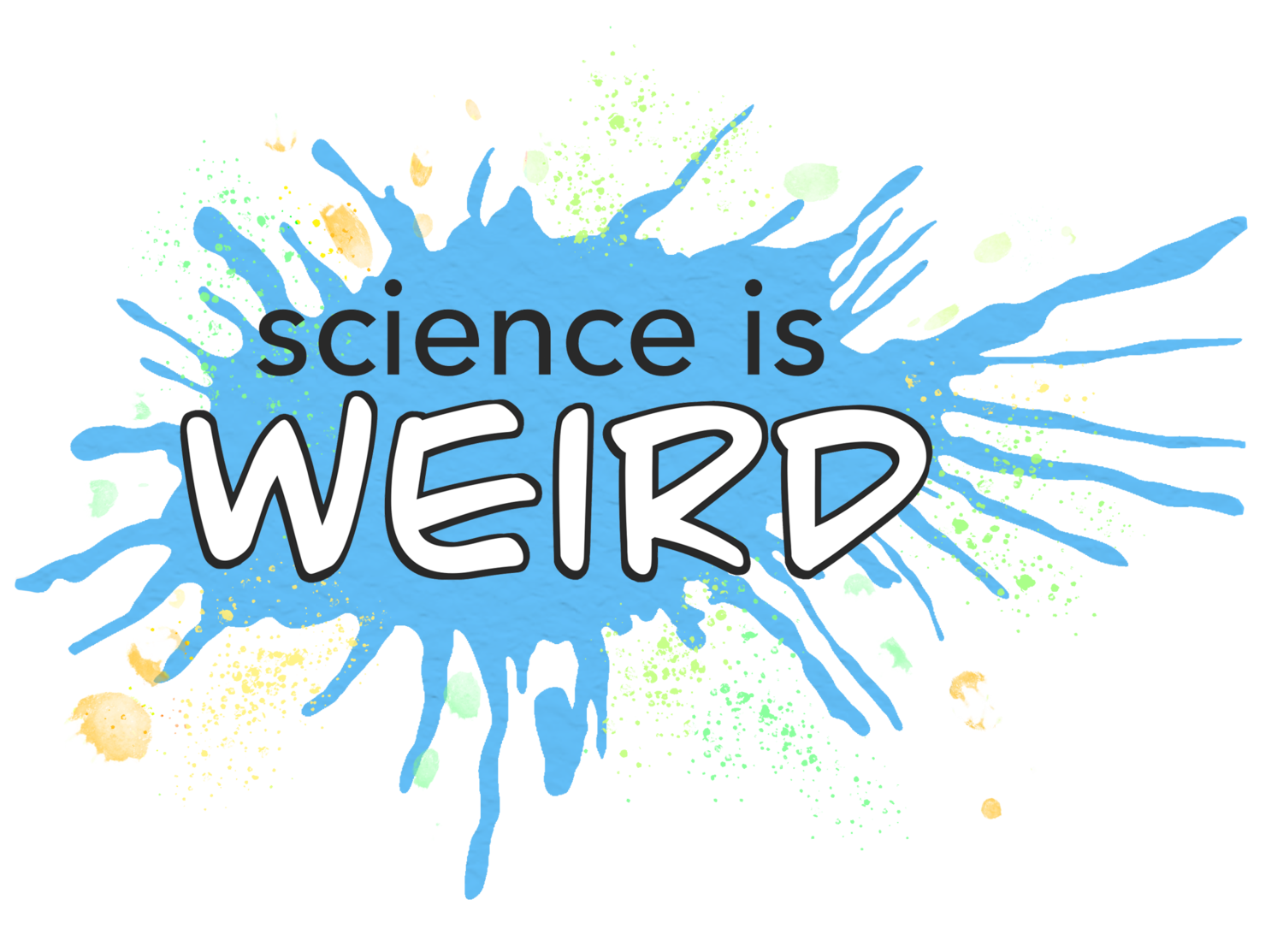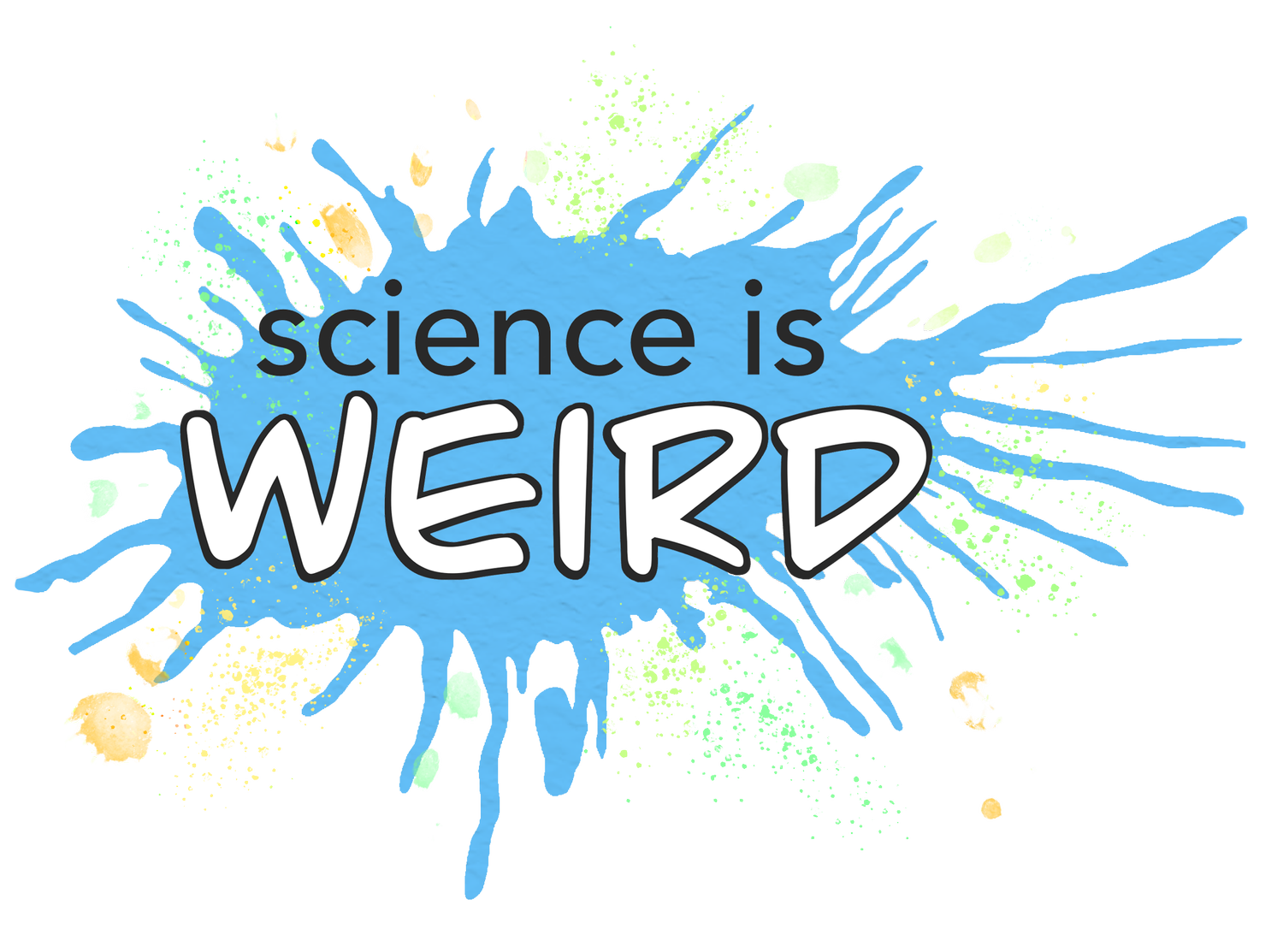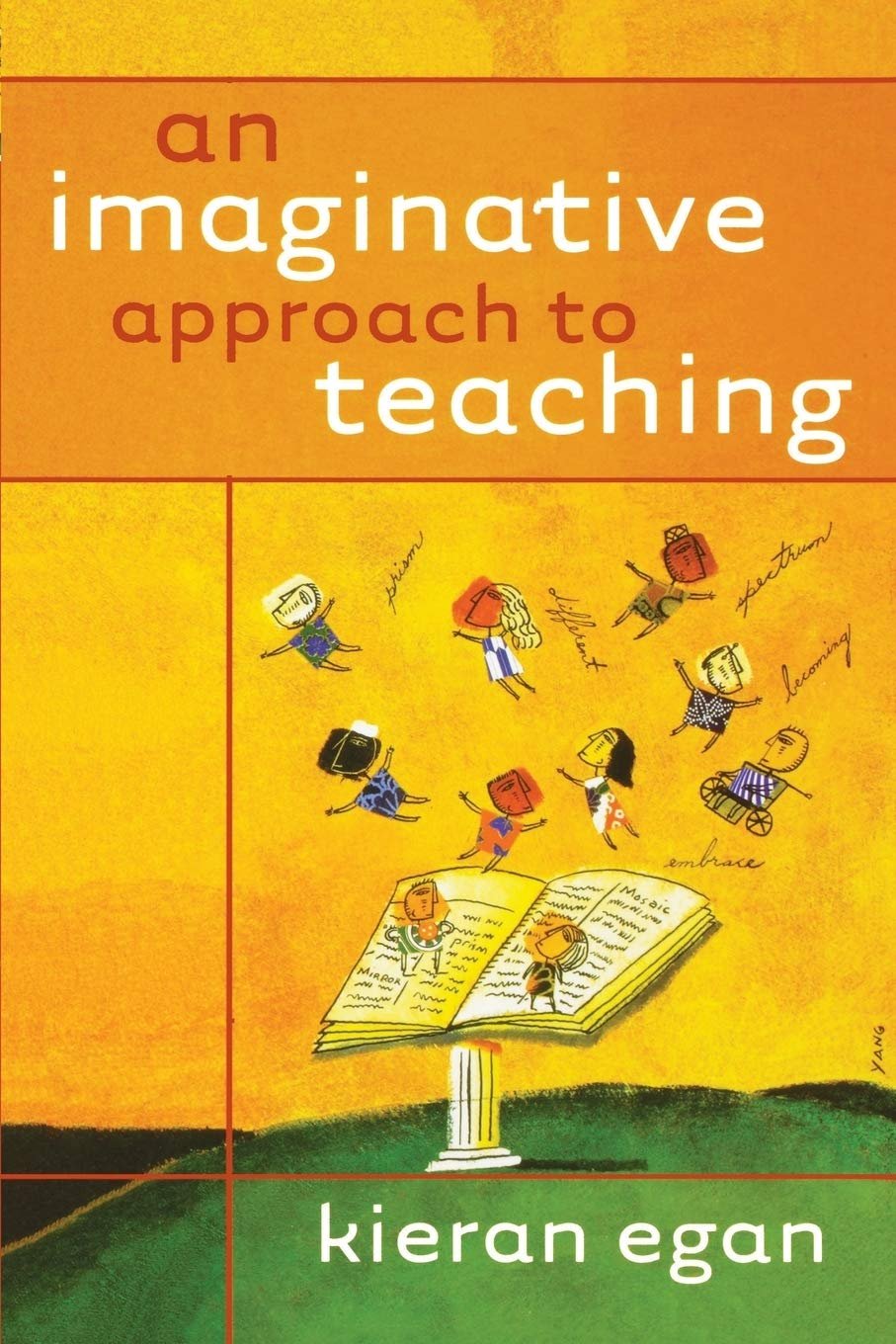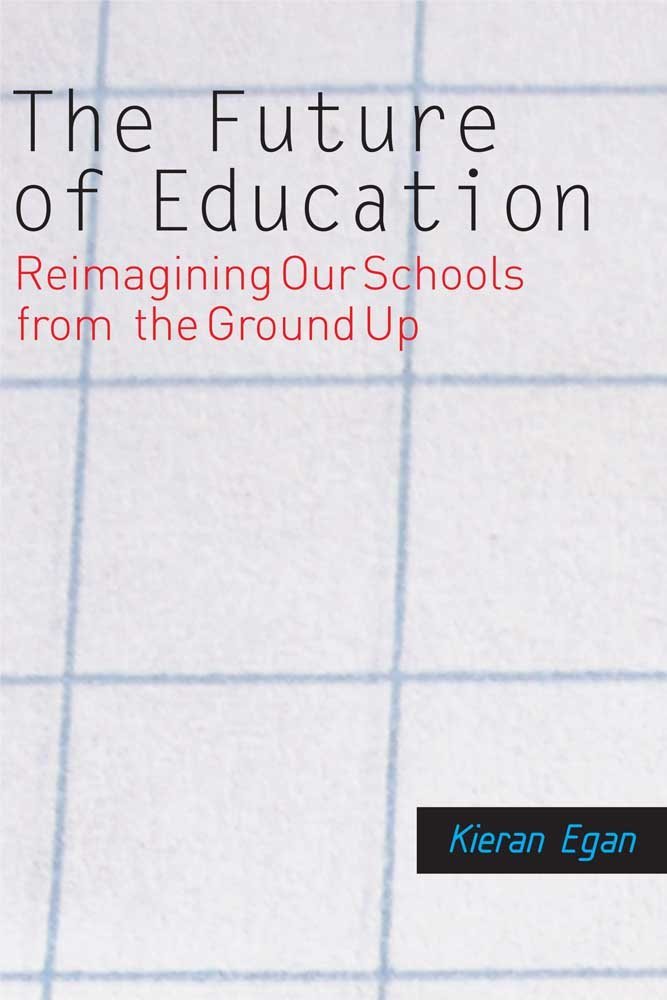Kieran Egan
Egan update!
We first wrote this page in the spring of 2022, when we found out that Kieran had died. Little did we know that it would start a remarkable sequence of events that would blossom into a Rafflesia arnoldii of excitement.
Brandon taught a series of online webinars exploring Egan’s vision (which can now be watched for free).
He then turned those webinars into a book review of Egan’s The Educated Mind, which he submitted to the annual Astral Codex Ten book review contest… where it won first prize!
(The review is… long. If podcasts are your thing, you can listen to it being read aloud on Apple Podcasts, on Spotify, online, and probably a lot of other places.)
Since then, Brandon’s begun blogging about Egan’s paradigm — connecting it to things like expertise and intelligence and culture — at his substack, The Lost Tools of Learning. Its ultimate goal: to help make Egan education (for homeschoolers, and school-schoolers) a reality.
A brief guide, by Brandon
Kieran Egan has died.
If you don’t recognize his name, you’re not alone — but he was the greatest living philosopher of education.
What’s more, his ideas are the source of everything we do here.
No Egan, no Science is WEIRD.
Egan was born in Ireland, raised in England, did his Ph.D. in California, and taught in British Columbia (at Simon Fraser University).
Accolades stuck to him like lint. Howard Gardner called him “one of the most original ‘big-picture’ thinkers in education”. He won the prestigious Grawemeyer award. Utne magazine called him one of the “25 visionaries who are transforming your world”...
But, frankly, none of those go far enough.
(Note: to see our new work explaining Egan, scroll to the bottom of this page.)
What we owe him
Kieran Egan was the only educational thinker I know whose understood how fascinating the world is… and thought that should matter in education.
He was the educational philosopher who discovered humans.
Tragically, the collection of people deemed “educational thinkers” is mostly a pretty sorry lot. (In Brandon’s graduate schooling, he rarely met a professor of education who gave off that unmistakable “I LOVE LEARNING” vibe.) So to some extent, this isn’t that high a bar to clear.
But it’s not enough to love learning: to be an educational philosopher, you have to see that the world is lovable.
Egan did. His books taught us that the fascination of the world comes first — it’s the only rock that great education can be built on.
That would be enough… but there’s more.
Egan was also the creator of the only boots-ready, easy-to-use framework that could bring billions of kids into the joy of learning.
And, my gosh, it really works.
We don’t need to pour billions of more dollars into technology.
We don’t need to limit the teaching profession to the world’s smartest people.
We just need to understand what the @#$%! education is… and act accordingly.
That’s what his “cognitive toolkits” framework is — a new way to understand this very old thing we call “education”.
We’ve never said this publicly, but: our big hairy audacious goal is to bring Egan’s vision to a larger audience. For years, we tried doing that by writing about his educational ideas — finally, we realized that we could do that better by showing those ideas through a new kind of science lesson.
Every morning that we wake up to craft a new lesson, we consciously list out his tools. We ask ourselves, “What would Kieran Egan do?”
That’s what we mean by “no Egan, no Science is WEIRD."
Where to start
(Note: Brandon’s expanded this page into a fuller post on his substack.)
Egan wrote So. Danged. Much.
Scholarly monographs? Check.
Historical revisions? Check.
Simple, this-changes-everything ideas? Check.
Collections of award-winning poetry? Double-check.
A murder mystery novel? Check!
It’s hard to know where to begin!
We recommend starting with any of his posts on the ImaginEd blog. They’re short, jaunty, and each pack a punch.
Poke around, find one on a topic you like, and watch as your opinions are challenged.
(A particular favorite: “Where is the Song in the Heart of Education?” It’s utterly damning of what passes for “literature education” these days.)
If you’d like to get the 50,000-foot of his ideas, his Wikipedia page lays out what are probably his two signature arguments: the incompatible ideas on which schools are built, and his “cultural toolkits” theory of learning.
If you find those essays provocative, and you’re in the mood for a book, we might recommend…
Teaching Literacy
Are you a parent or teacher, and want to help your kids learn to read and love it? Too often reading is taught as a dry, technical skill — Egan shows how it’s nothing of the sort.
The alphabet, punctuation, even the spaces between words… they’re all solutions to problems that arose as writing evolved. When we learn to read, we’re embarking on an adventure into this long history.
And if we know that, we can help our kids feel it.
An Imaginative Approach to Teaching
Are you a new teacher — or an accomplished teacher who’d like to up your game? In this book, Egan lays out his “toolkits” approach in a way that’s maximally practical.
The Future of Education
Are you a lover of big ideas? Egan’s most famous book (The Educated Mind) might be for you… but this one is shorter, punchier, and is interwoven with a story!
Getting it Wrong from the Beginning
Are you a lover of history — especially the history of ideas, and extra-especially history that shows some of our heroes looking a lot like villains? (I won’t say who, but cough cough John Dewey cough cough.)
Brandon first discovered Egan when he stumbled on this book in an academic library. It changed his life.
Thank you (a personal note from Brandon)
I had the honor of meeting Kieran a handful of times; I think I only mortally embarrassed myself on half of them! (Like that time I invited myself to a lunch Dr. Egan was having with two distinguished science theorists? And spent the meal asking sophomoric questions while they tried to talk post-war history? AGH!)
To Kieran’s family: thank you for sharing him with the rest of us.
To the team at the Centre for Imagination in Research, Culture, and Education: thank you for carrying on his work.
Finally, if you’d like to get a sense of the man himself, you’ll want to read his obituary. It’s smart and funny and moving. And I’ll just say this — I hope I get so fantastic a write-up of my life after I’m done with it.
From our inbox (about the Egan workshops)
“I cannot praise this series enough.
Everything I’ve learned from you informs how I approach educating [my son] - I’d probably hate homeschooling if it weren’t for you.
From the Big Course to Reading Comics, from the Project Genius workshops to this Egan series, you’ve shown me that I can offer him so much more than public school ever could - even with my disability.
I started this journey because I had to... but now, I know deep in my soul that any other education would be a disservice to my son. I honestly feel emotional writing about it because I never expected to feel this way about homeschooling. I’m beyond grateful.”












